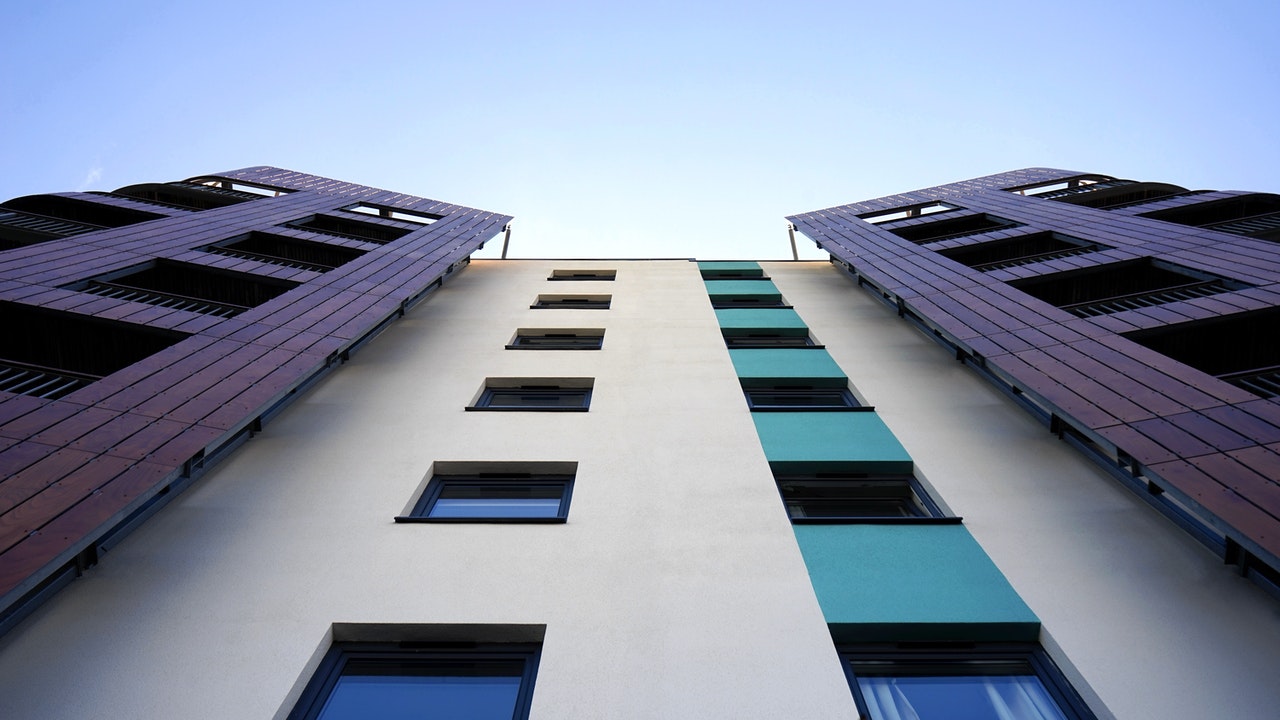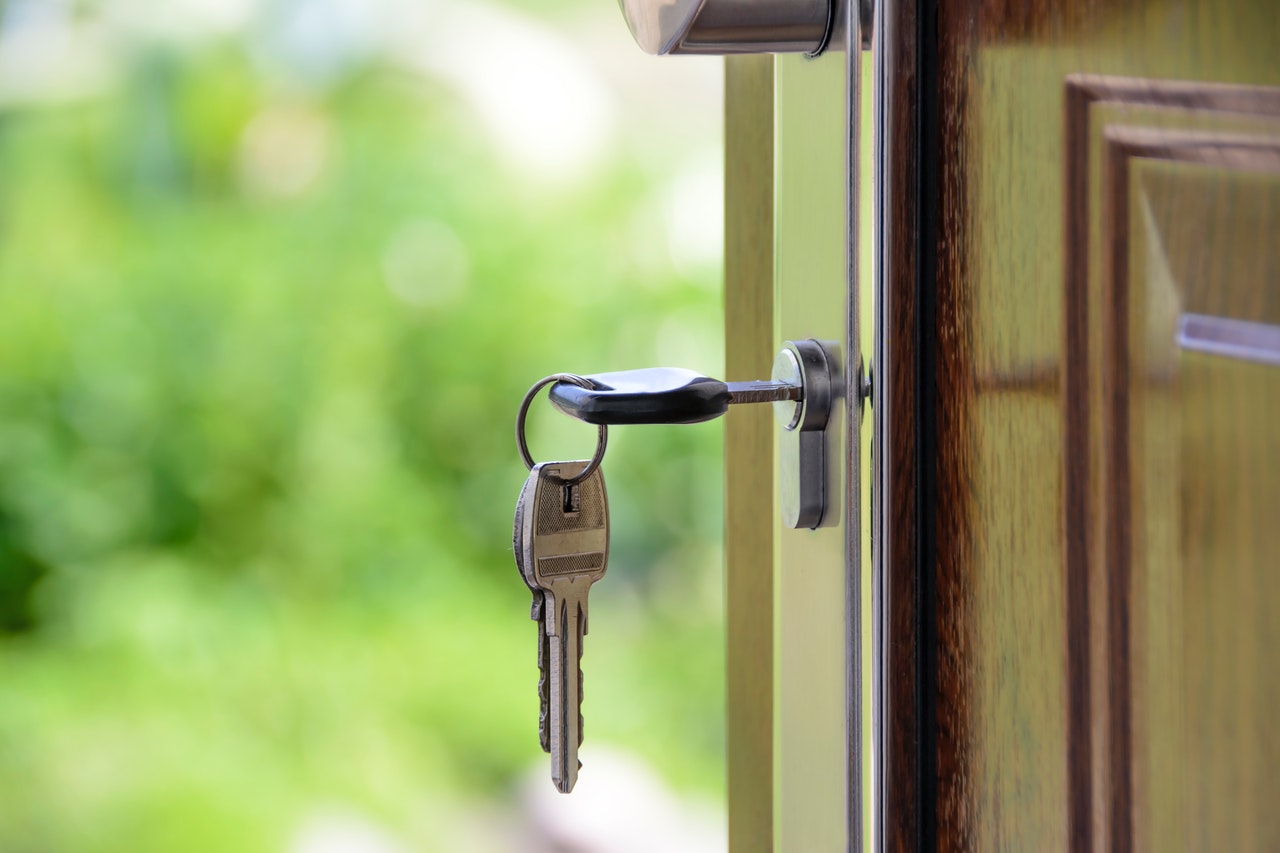London needs “vastly” higher funding for affordable homes – and coronavirus will “only increase” the need for low cost rentals, the city’s Deputy Mayor for Housing has warned.
The capital must build 66,000 new homes each year to meet the demands of a growing population – but last year, less than 21,000 were started with Greater London Authority (GLA) funding.
More than 17,000 affordable homes broke ground in 2019/20 – a City Hall record, though still well below need.
But London has never met its house-building target in the post-war period, Deputy Mayor Tom Copley told Parliament’s housing committee.
The capital needs five times more cash than it currently gets from Government to build low-cost homes, he said – some £4.9 billion a year for the next decade.
City Hall has received just £4.8 billion in the last five years – less than the ask for a single year.
The Mayor of London uses three definitions of “genuinely affordable housing”, targeted at Londoners on a range of incomes:
- Shared ownership schemes to help private renters get onto the property ladder by buying part of their home;
- Living rent, which cannot be more than a third of average incomes in the area;
- And even more heavily discounted social rent, the Mayor’s preferred option .
70% of affordable homes should be social rent, according to Greater London Authority (GLA) and G15 housing association research published last year.
But the Government has prioritised building cheaper housing for people looking to buy for the first time.
NOW READ: 100,000 people sign petitions to replace slave trade statues and signs around UK
Funding is currently split “roughly fifty-fifty” between properties built to rent, and those built to sell, Mr Copley said.
The newly appointed Deputy Mayor – who served on the London Assembly until late March – said London is for now “entirely reliant” on ministers to fund affordable house building.
“Alternatively the Government could give us more tax raising powers,” he said.
“Both the current and previous Mayors called for the devolution of property taxes to London, and we’d be very happy with that.”
Current property taxes include stamp duty, paid on purchases above £125,000 and capital gains tax, paid when selling a home that’s gone up in value.
And Prime Minister Boris Johnson called for more tax devolution in the capital – including stamp duty – in 2013, while he was Mayor of London.
The Government announced a new national affordable housing programme in its latest budget – and Housing Secretary Robert Jenrick said it will be “even larger” than the current scheme.
But City Hall has had no detail yet on these future plans, Mr Copley said.
“We don’t know yet what share of funding London will get, what the tenure split will look like in the future affordable homes programme – or indeed what scale of delivery ministers will be expecting,” he told the committee.
The city will certainly need “a vastly increased level of investment into affordable housing”, he warned – with coronavirus likely to make matters worse.
“I can only imagine that the current crisis, particularly when the recession hits, will only increase the need for low-cost social housing,” he said.
For the latest headlines from the City of London and beyond, follow City Matters on Twitter, Instagram and LinkedIn.








